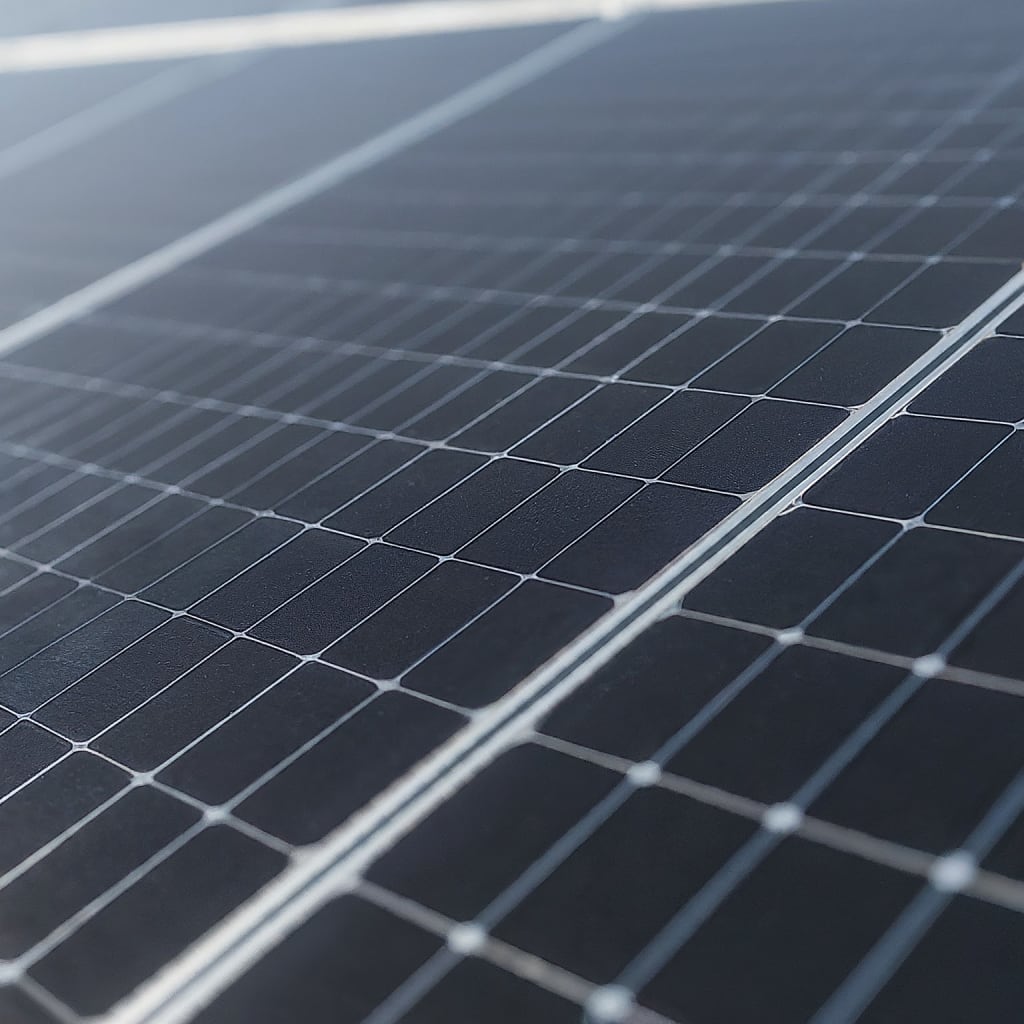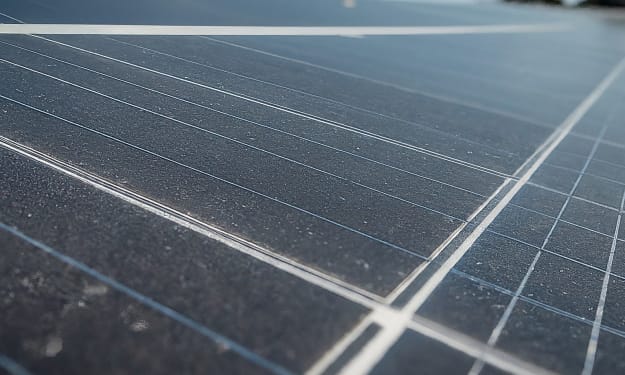What Are Popular Solar Panel Types Their Features
A Guide to Popular Types and Their Features

The sun's energy is a powerful and clean resource, and solar panels are a fantastic way to harness it for your home or business. But with so many different types of solar panels available, choosing the right one can feel overwhelming. This comprehensive guide will equip you with the knowledge to make an informed decision.
Unveiling the Top Contenders: Monocrystalline, Polycrystalline, and Thin-Film Solar Panels
The solar panel landscape can be broadly categorized into three main types: monocrystalline, polycrystalline, and thin-film. Each boasts unique features and caters to specific needs.
Monocrystalline Solar Panels: The Efficiency Champions
Recognizable by their sleek, black appearance with uniformly shaped cells, monocrystalline panels are the undisputed kings of efficiency. Crafted from pure silicon crystals, they boast a conversion rate of sunlight into electricity ranging from 17% to 22%. This translates to generating more power per square foot of panel compared to other types.
Pros:
- Highest efficiency among common panels
- Excellent performance in low-light conditions
- Durable construction with a long lifespan (25-30 years)
Cons:
- Highest cost per watt
- Requires more roof space due to lower efficiency per unit area
Polycrystalline Solar Panels: The Budget-Friendly Option
Polycrystalline panels, with their blueish tint and unevenly shaped cells, are a more affordable alternative to monocrystalline panels. The silicon used in their production has a slightly less ordered structure, resulting in a lower efficiency of around 15% to 17%. However, this slight dip in performance is balanced by their budget-friendly price tag.
Pros:
- Lower cost per watt compared to monocrystalline panels
- Still performs well in most sunlight conditions
Cons:
Lower efficiency than monocrystalline panels
Requires more space due to lower efficiency per unit area
May experience slightly higher degradation over time
Thin-Film Solar Panels: The Versatile Choice
Thin-film panels, available in a wider variety of shapes and sizes, are ideal for unconventional roof surfaces or applications where aesthetics are a concern. Made from a thin layer of photovoltaic material deposited on a substrate, they offer flexibility and lightweight construction. While their efficiency falls within the 6% to 11% range, they can still be a viable option for specific needs.
Pros:
- Most affordable option
- Lightweight and flexible, ideal for various applications
- Performs well in low-light conditions
Cons:
- Lowest efficiency among common panels
- Requires the most space due to lower efficiency per unit area
- Generally shorter lifespan (15-20 years)
Choosing the Right Panel: A Tailored Approach
The ideal solar panel type depends on your specific requirements and priorities. Here's a breakdown to help you navigate the selection process:
- Prioritize Efficiency and Space is Limited: Monocrystalline panels are the way to go.
- Budget is a Major Concern: Polycrystalline panels offer a good balance between affordability and performance.
- Unique Roof Shape or Aesthetics Matter: Thin-film panels provide flexibility and design options.
Beyond the Basics: Exploring Additional Factors
While efficiency and cost are crucial considerations, several other factors can influence your choice:
- Temperature Coefficient: How a panel's efficiency is affected by temperature fluctuations.
- Shade Tolerance: How well a panel performs in shaded conditions.
- Durability and Warranty: The panel's resilience against harsh weather and the warranty coverage offered.
Read More: How To Choose The Best Solar Power Installer in Kansas City, USA
Frequently Asked Questions (FAQs) on Solar Panels
Can I install solar panels myself?
While some DIY kits exist, solar panel installation is a complex process best left to qualified professionals. They ensure proper installation, safety, and system optimization.
How much do solar panels cost?
The cost varies depending on panel type, system size, and installation factors. However, with government incentives and tax credits, solar panels can be a worthwhile investment.
How much maintenance do solar panels require?
Minimal maintenance is required. Regular cleaning may be needed to remove dust or debris, but professional cleaning shouldn't be necessary more than once a year.
Is my roof suitable for solar panels?
A qualified solar installer can assess your roof's suitability based on factors like size, angle, and shading.
By understanding the different types of solar panels, their features, and the crucial selection criteria, you're well on your way to harnessing the power of the sun for a cleaner and more sustainable future.
About the Creator
Neck Akila
My specialty is combining research-backed strategies to create marketing copy that resonates with readers and drives conversions
Enjoyed the story? Support the Creator.
Subscribe for free to receive all their stories in your feed. You could also pledge your support or give them a one-off tip, letting them know you appreciate their work.





Comments
There are no comments for this story
Be the first to respond and start the conversation.